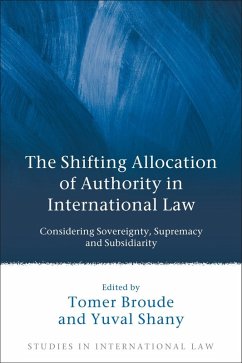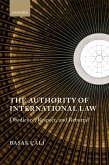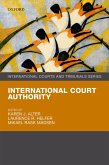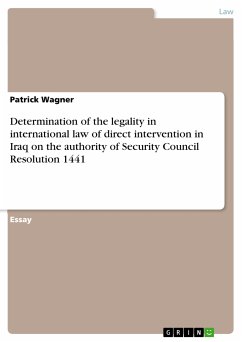International law is fragmented and complex, and at the same time increasingly capable of shaping reality in areas as diverse as human rights, trade and investment, and environmental law. The increased influences of international law and its growing institutionalization and judicialization invites reconsideration of the question how should the authority to make and interpret international law be allocated among states, international organizations and tribunals, or in other words, "who should decide what" in a system that formally lacks a central authority? This is not only a juridical question, but one that lies at the very heart of the political legitimacy of international law as a system of governance, defining the relationship between those who create the law and those who are governed by it in a globalizing world.
In this book, leading international legal scholars address a broad range of theoretical and practical aspects of the question of allocation of authority in international law and debate the feasibility of three alternative paradigms for international organization: Sovereignty, Supremacy and Subsidiarity. The various contributions transcend technical solutions to what is in essence a problem of international constitutional dimensions. They deal, inter alia, with the structure of the international legal system and the tenacity of sovereignty as one of its foundations, assess the role of supremacy in inter-judicial relations, and draw lessons from the experience of the European Union in applying the principle of subsidiarity.
This volume will be of great interest to scholars and practitioners of international law alike.
In this book, leading international legal scholars address a broad range of theoretical and practical aspects of the question of allocation of authority in international law and debate the feasibility of three alternative paradigms for international organization: Sovereignty, Supremacy and Subsidiarity. The various contributions transcend technical solutions to what is in essence a problem of international constitutional dimensions. They deal, inter alia, with the structure of the international legal system and the tenacity of sovereignty as one of its foundations, assess the role of supremacy in inter-judicial relations, and draw lessons from the experience of the European Union in applying the principle of subsidiarity.
This volume will be of great interest to scholars and practitioners of international law alike.









